Cometh the hour, cometh Erdogan — but there is much in 2015 that can still trip up the president’s plans for a new Turkey.
The year ahead is one in which Turkish President Recep Tayyip Erdogan is keen to consolidate the gains of 2014 by institutionalizing reforms he believes will create a new — and better — Turkey, one that embraces its Islamic and multi-ethnic characters. Erdogan faces opposition from various actors: some are in the fragmented opposition; some are in foreign governments, media and institutions; and some are even in his own party. Until now, however, they have remained the minority, in Turkey at least. Here are five things to watch for in Turkey in 2015.
1. The Big Election
The big political event of the year ahead in Turkey will be the general elections that must take place on or before June 7. It is the culmination of a three-part saga that began in March 2014 with local elections and continued in August with a presidential election. The first two were both won convincingly by the ruling Justice and Development Party (AKP) — the local elections with a 43% share of the vote and the presidential election with a victory for then-Prime Minister Erdogan.
Not only is the AKP expected to complete the trio with another general election victory, but the party also views this as a decisive moment that will lead to the implementation of major reforms in the Turkish political system. A dream scenario for the AKP would be an increase on its 327 seats in the Turkish parliament to allow the party to push through major legislation without the support of another political party — most significantly, the writing of a new constitution. This is ambitious, and the AKP may have to be content with seeking out a willing partner to help.
2. Rewriting the Rule Book
The current Turkish constitution was written by the military junta that took control of the country in a 1980 coup and who wrote it to reflect the desires of the secular establishment at that time. Two groups who were markedly excluded by this document were political Islamists — now in government — and the Kurds (Turkey’s largest minority ethnic group at roughly 18-20% of the population), both groups having their political parties repeatedly banned by the constitutional court.
Turkey’s two main opposition parties, the secularist Republican People’s Party (CHP) and the Nationalist Movement Party (MHP), a more rigidly nationalist party, are opposed to a rewriting of the constitution. However, in the Kurdish vote, the AKP has a potential ally. Pro-Kurdish parties typically garner around 6% of the national vote and, significantly, the latest pro-Kurdish entity, the Peoples’ Democratic Party (HDP), has chosen to have its members stand for the party at the general elections rather than as independents. This runs the risk that the HDP may not get over the high 10% threshold to enter the Turkish parliament; though the party is reckoning on leader Selahattin Dermitas’ impressive 10% of the presidential vote in 2014 translating into greater success at the general election.
Although the HDP claim that it is confident of achieving the 10% threshold, there has been speculation that a deal is being brokered whereby the Kurds facilitate an AKP election victory in return for reforms in the new constitution to recognize and safeguard Kurdish cultural and political rights. Should the AKP be tempted to backslide on such a deal, there is also something to help concentrate minds — the threat of a renewed insurgency by the Kurdistan Workers’ Party (PKK).
3. Turkey’s Long War
Bringing the Kurds on board will require a breakthrough deal in the negotiations between the Turkish government and the imprisoned leader of the PKK, Abdullah Ocalan. Such a deal will require concessions on both sides and, in an election year, the AKP’s moves will be watched closely. The party will be aware that any concession will cause a negative reaction by many Turkish nationalists. It is a balancing act but one that could potentially pay huge dividends if it removed a violent threat of instability that has existed — on and off — since the birth of the Turkish republic.
A deal is also far from certain on the Kurdish side of the table. While they have much to gain, we have also been here before, and the Kurds have a long history of political betrayals and deep suspicions. This was exacerbated in 2014 by what many Kurds saw as Turkish inaction in the face of an Islamic State (IS) onslaught on the Kurdish town of Kobani on the Syrian border with Turkey, which led to Kurdish riots across Turkey that left at least 19 people dead. Even if Ocalan does agree to a deal, the Kurds have also often proved factional and divided, and it is far from certain whether he would bring every PKK fighter with him.
The clock is ticking for the Turkish government. The more that the instability in Syria and Iraq leads toward greater Kurdish autonomy, the stronger the position of the PKK outside Turkey becomes. With secure bases in both Syria and Iraq from which to negotiate, and a perception of Turkish bias toward IS, elements within the movement might feel less inclined to come to the table.
4. The War on Gulen
The fight that the AKP is sure to pursue in 2015 is its struggle with former allies in the Gulen movement, which escalated in December 2013. After a decade of rising Islamist power in Turkey, the revolution is beginning to eat some of its children. The Gulen movement — for a long time a tacit ally of the AKP in a bid to unseat the military-secular establishment from power — has been under attack from Erdogan’s party since a corruption scandal that the AKP viewed as a Gulenist attempt to topple the government.
An arrest warrant issued for the exiled Fethullah Gulen in late 2014 means the government can request his extradition from the United States. This may be the year that the Gulen movement’s top figures are brought to heel by the AKP. It is a feud that has not cast either movement in a good light, as institutions of state and media are used to partisan ends. It is a measure of the ineffectual state of the opposition that it has failed to capitalize on this unseemly squabble.
5. South of the Border
With so much internal politics to occupy Turkish minds, it is easy to forget that a war is raging on its long southern frontiers. The rise of IS in 2014 added a new dimension to an already complex conflict and left Turkey making some very awkward foreign policy contortions. In Kobani, Turkey was slow and even obstructive to Kurdish efforts to defend the town from IS fighters and has even been accused of directly aiding IS. This was largely driven by Turkish distrust of the People’s Protection Units (YPG) — a Syrian party-cum-militia closely aligned to the PKK in Turkey — which is the governing power in the Kurdish enclaves of northern Syria. It is a situation that makes a resolution of the Kurdish conflict within Turkey all the more pressing for the AKP government.
Turkish policy has also been strained in Iraq, where it has been conspicuous in recent years in its support for the Kurdistan Regional Government (KRG). Turkey was absent as IS came perilously close to Erbil in the summer, revealing to KRG President Masoud Barzani the dangers of overreliance on one protective power. However, a hydrocarbon deal struck with Erbil in November 2014 and the new Erbil-Baghdad rapprochement in the face of IS could be good news for Turkish economic prospects going into 2015 — offering Turkey a new energy supply line and bringing down energy costs.
And Perhaps…
Since last year’s announcement of Ahmet Davutoglu as the successor to Erdogan in the prime minister’s office, it appears Abdullah Gul — the former president and co-founder of the AKP with Erdogan — has been eclipsed. This deterioration in his fortunes has been in direct correlation to the rise to supremacy of Erdogan. Yet it is still possible that Erdogan could overplay his hand. He has irked Prime Minister Davutoglu with his plans to move executive powers from the prime minister to a new presidential system that he will lead, and not all in the AKP rank and file are comfortable with the thought of strongman rule by President Erdogan. The year 2015 will certainly be an interesting one for Turkey.
Fair Observer is a nonprofit organization dedicated to informing and educating global citizens about the critical issues of our time. Please donate to keep us going.
The views expressed in this article are the author’s own and do not necessarily reflect Fair Observer’s editorial policy.
Photo Credit: Photoreporter / Yakub88 / Stefano Tinti / Shutterstock.com
Support Fair Observer
We rely on your support for our independence, diversity and quality.
For more than 10 years, Fair Observer has been free, fair and independent. No billionaire owns us, no advertisers control us. We are a reader-supported nonprofit. Unlike many other publications, we keep our content free for readers regardless of where they live or whether they can afford to pay. We have no paywalls and no ads.
In the post-truth era of fake news, echo chambers and filter bubbles, we publish a plurality of perspectives from around the world. Anyone can publish with us, but everyone goes through a rigorous editorial process. So, you get fact-checked, well-reasoned content instead of noise.
We publish 2,500+ voices from 90+ countries. We also conduct education and training programs
on subjects ranging from digital media and journalism to writing and critical thinking. This
doesn’t come cheap. Servers, editors, trainers and web developers cost
money.
Please consider supporting us on a regular basis as a recurring donor or a
sustaining member.
Will you support FO’s journalism?
We rely on your support for our independence, diversity and quality.





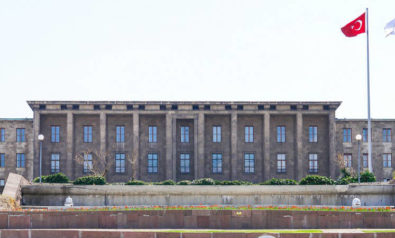
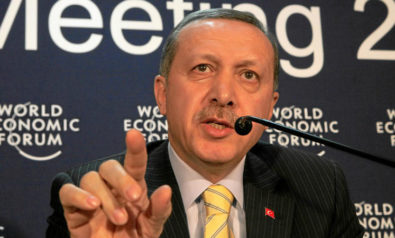
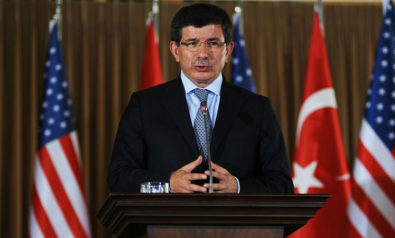

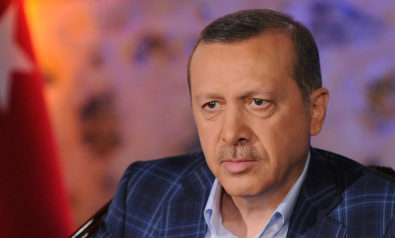
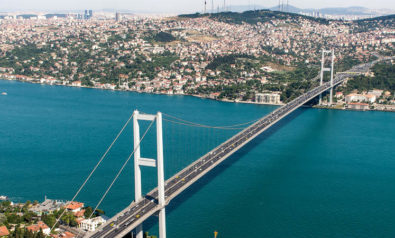
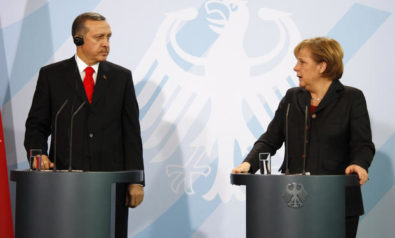
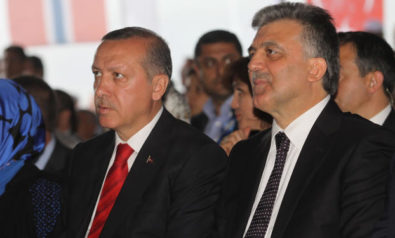
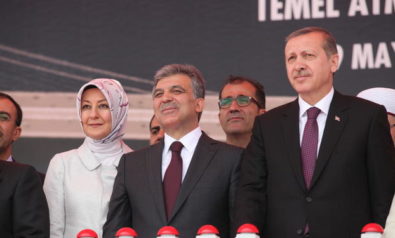
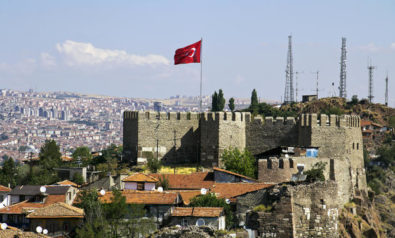
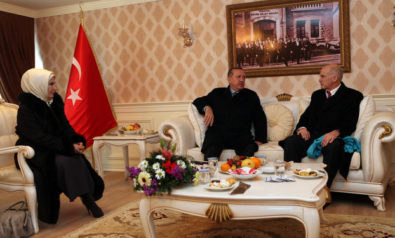
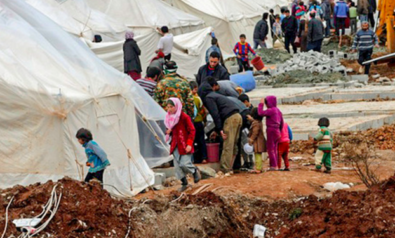
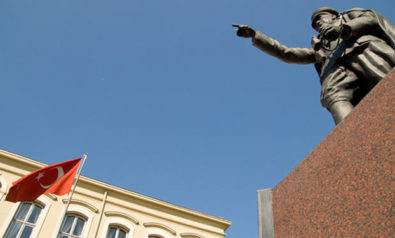
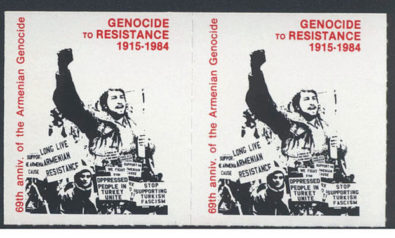

Comment